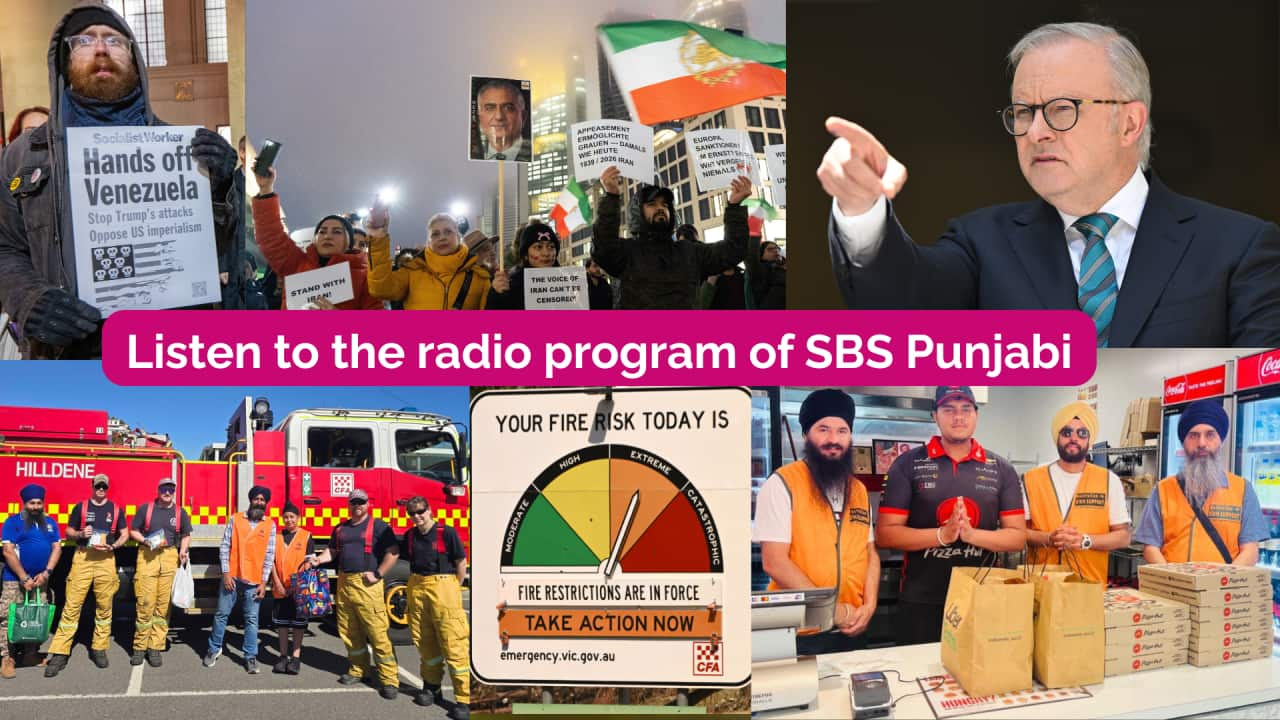New research from the Grattan Institute says roughly half of migrants to Australia are tertiary educated when they arrive.
But despite these high levels of education and experience, report author Will Mackey says the minimum salary - or ‘temporary skilled income threshold’ - has not risen in nearly a decade.
"It has remained flat since 2013 at about that $53,900 level so we’ve seen more of Australia’s temporary skilled migrant group come in working in relatively low wage jobs for this specific amount which has dragged down the wages... from this visa which is really meant to be for high-skilled people."
Roughly one in five in the Australian workforce is a migrant with either a permanent or temporary visa. The latter are particularly vulnerable.
Many make a living in the hospitality industry, with migrants making up 40 per cent of the sector’s workforce.
Bassina Barbenblum, from the Migrant Justice Institute, says underpayment is a systemic problem.
"We need to create a new environment where employers feels that there is a realistic prospect that if they underpay workers or exploit migrant workers – they will get caught, and that migrant workers will come forward and that they don’t just expect that migrant workers will remain silent when they're exploited."




